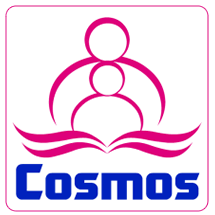



It was developed to inform a global readership on issues of engineering, science, and related subjects. The demand for digital records is increasing drastically as the technological era goes on. Automated records might be the biggest obstacle to finding, choosing, and maintaining information with long-term significance. The development of computer archiving has gained attention, and the idea of an archive in the context of data preservation has significantly impacted the goals of record-keeping practices. Engineering Publication House publications are aware of this technology's end-to-end principles, and they always take care of and have control over any archival records or the repository where our records are kept in the form of our various databases in the fields of engineering, medical, management, and science, etc.
The Engineer's Publication House Journals have deliberately archived all of our important research articles covered by our journal publications. And we have taken full responsibility for bringing the journals under our archive set of journals by checking the authenticity of the source. This was possible because of our approach to getting these archives established in our system. These are:
We use cutting-edge information technology tools to record our authors' successfully published journals and convert them into our archived list. The advantage is that the information is safe and secure. Furthermore, the storage space for information can be reduced, resulting in a more efficient way of managing information. To archive efficiently, we guide the disposal of unpublished documents in the office and manage archives that are published and highly cited in international journals.
Articles on scientific discoveries are given particular attention. However, all articles that relate to scientific research will be considered for this.



